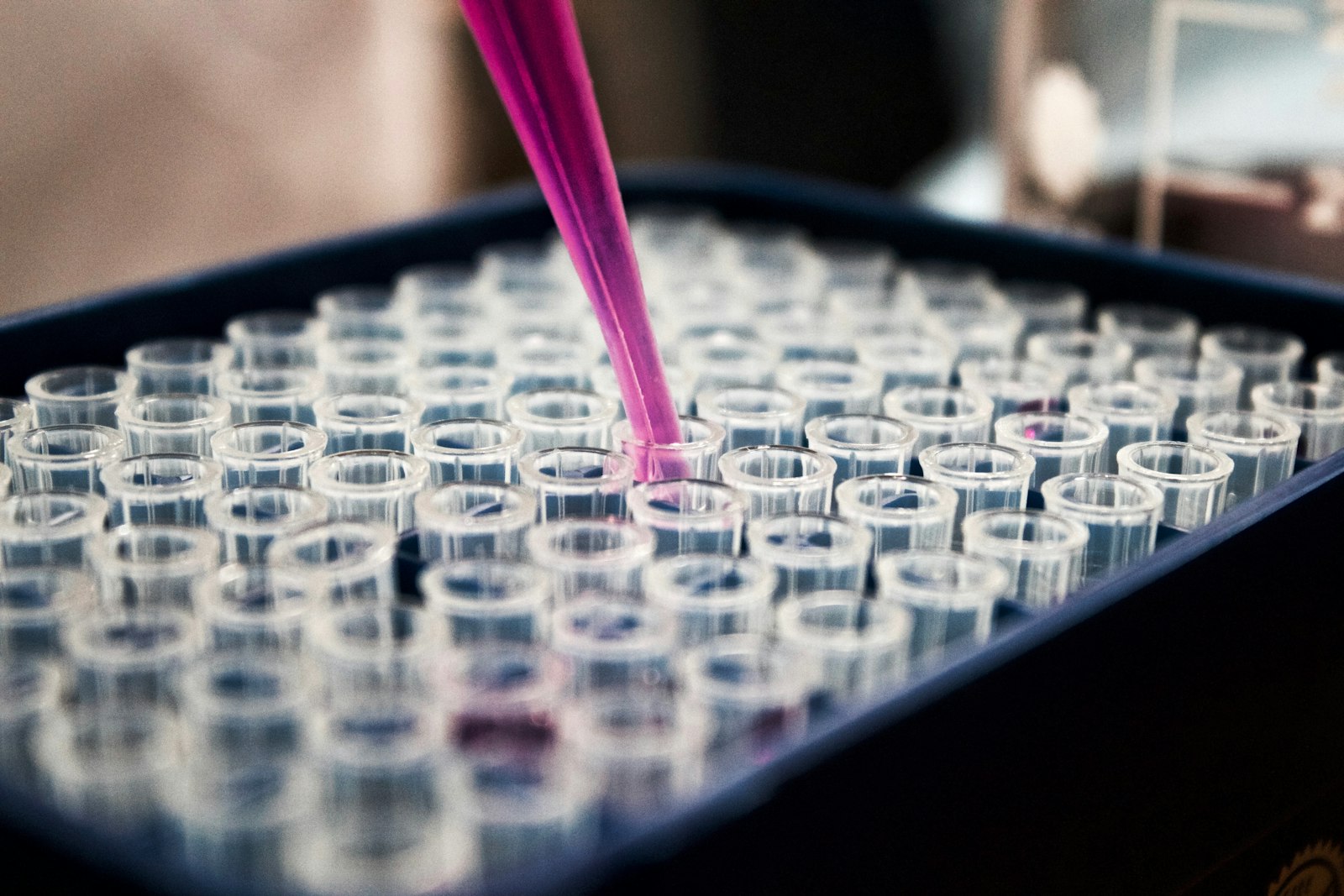With many important medical products still in short supply due to the COVID-19 pandemic, the Office of the United States Trade Representative (USTR) this month confirmed it will exclude several hundred Chinese products from import duties.
The announcement took account of public comments on four tranches of Chinese products that have been subject to tariff restrictions under USTR’s “Special 301” program, which penalizes nations that engage in unfair activities related to technology transfer, intellectual property, and innovation. The Biden administration’s action temporarily reinstates tariff exclusions for 352 products out of 542 that were eligible for consideration. The Trump administration first excluded these products in 2018.
USTR’s decision, governed by the Harmonized Tariff Schedule of the United States (HTSUS), runs on a safeguard measure within the Trump administration’s tariff policy that allows U.S. stakeholders to appeal for the suspension of additional duties on goods that meet certain conditions, such as limited availability or demonstrated harm on U.S. companies if the goods are in short supply.
Section 301 refers to a mandate in the Trade Act of 1974 that authorizes USTR to investigate “an act, policy, or practice of a foreign country that is unreasonable or discriminatory and burdens or restricts United States commerce.” An interagency “Section 301 committee” in a 2018 report identified four aspects of Chinese trade policy and practices that demanded attention:
- The government’s use of “opaque and discretionary administrative approval processes, joint venture requirements, foreign equity limitations … to require or pressure the transfer of … U.S. technology and IP to China”;
- Government practices that “deprive U.S. companies of the ability to set market-based terms” in IT negotiations;
- Governmental direction that targets U.S. companies and assets in various sectors;
- Chinese support of cyberattacks on U.S. commercial computer networks.
Given the findings of the committee, the tariffs targeted Chinese products and “technology transfer” practices in which U.S. and foreign competitors become subject to intellectual property theft and unfair disadvantages. These taxes at the time of initiation were estimated to cover around $370 billion worth of Chinese imports.
The reinstatement of 352 products—covering a wide range of medical supplies, from microscopes to construction materials—is still a notably small portion of the initial 2,200 exclusions from 2018. The reinstated exclusion is to extend through December 31, 2022.
Meanwhile, the Senate took an important procedural step this week toward finalizing a “Chinese competition bill” by voting to substitute its United States Innovation and Competition Act for the House America COMPETES Act. Lawmakers can now confer on how to reconcile the two bills. With regard to tariffs, the key difference between the two measures is that the Senate version would bring back all 2,200 exclusions while establishing a renewed exclusion process, while the House version has no such provisions.






